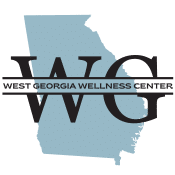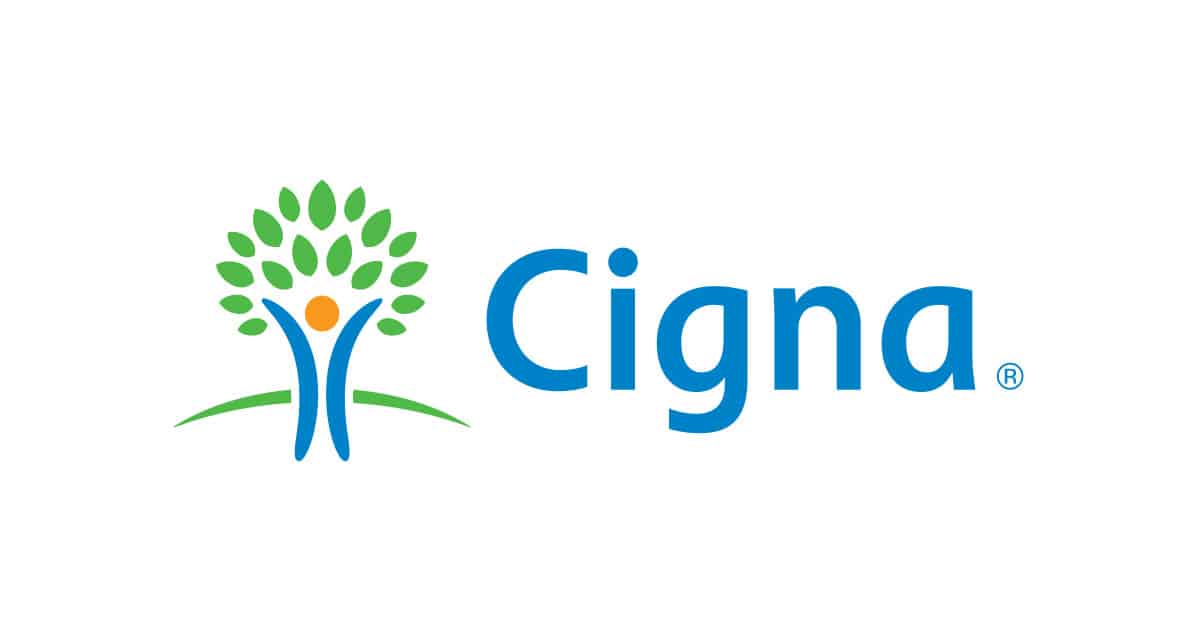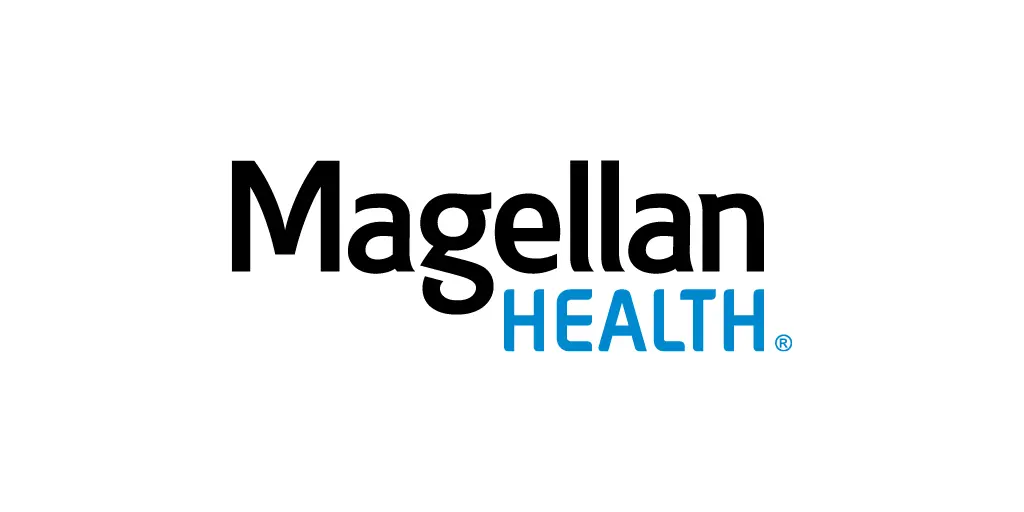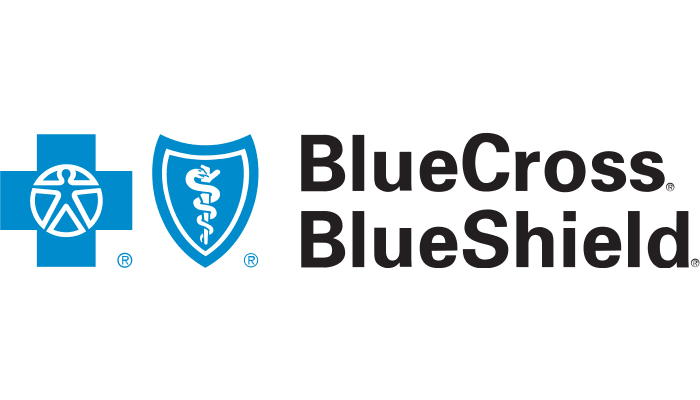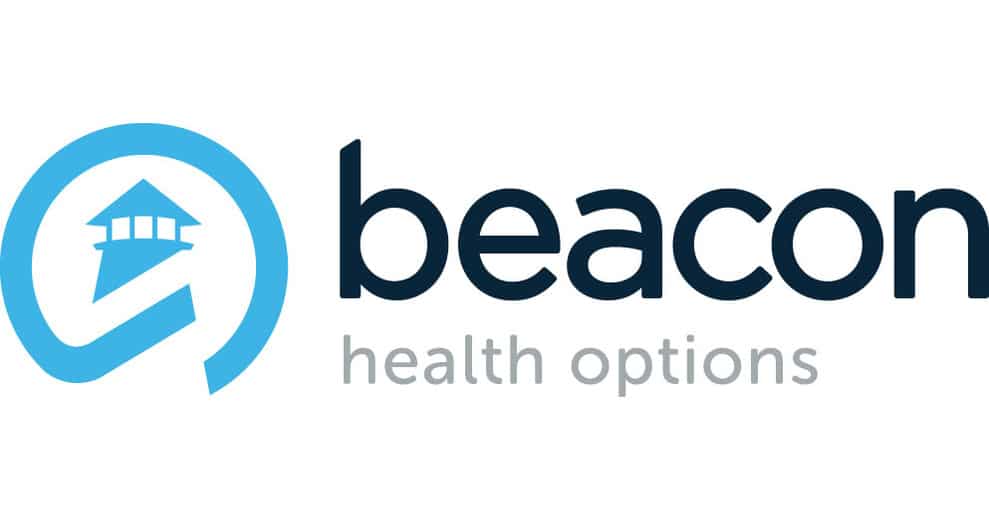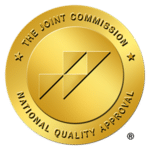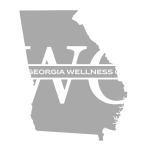Table of Contents
In the United States, addiction and substance use disorders impact an estimated 21.5 million people. Gaining knowledge about the causes of addiction and recognizing the warning signs are crucial steps towards seeking effective drug rehab treatment, whether for yourself or someone close to you.
Untreated, drug addiction and abuse can have devastating consequences. These include financial difficulties, the breakdown of personal relationships, mental health issues, and even the risk of death. At West Georgia Wellness Center, we provide a thorough and compassionate approach to residential drug addiction treatment in Atlanta, GA, offering a beacon of hope for those affected by these challenging conditions.
What’s the Difference Between Drug Addiction and Drug Abuse?
While the terms “drug addiction” and “drug abuse” are often used as if they mean the same thing, they actually describe two different scenarios. Drug abuse refers to the usage of substances for non-medical purposes, such as taking prescription medications for their euphoric effects. It also encompasses situations where drug and alcohol use leads to problems in various aspects of life, yet the individual still retains some control over their substance use.
On the other hand, drug addiction is a chronic mental health condition defined by an uncontrollable urge to seek drugs, despite the adverse impacts it has. Those battling drug and alcohol addiction find themselves unable to cease their substance use, even when it negatively affects their work, health, education, relationships, and overall quality of life. Often, individuals with an addiction are also physically and psychologically dependent on these substances, facing a range of withdrawal symptoms when they attempt to stop using them.
What Causes Drug and Alcohol Addiction?
The roots of drug and alcohol addiction are complex and varied; there’s no single cause that leads to addiction. The likelihood of developing an addiction increases with the presence of multiple risk factors. These factors interact in different ways for each individual, setting the stage for potential substance abuse and addiction.
Key risk factors influencing addiction include genetics, the environment of your home, the influence of peers, especially during school years, early exposure to drugs and alcohol, and existing mental health conditions. For example, being raised in a family where alcohol abuse is prevalent might heighten your vulnerability to developing alcohol-related issues. Similarly, if you’re dealing with a mental illness like depression, you might find yourself turning to drugs and alcohol as a way to self-medicate, seeking relief from your symptoms. This overlap of various factors underscores the multifaceted nature of addiction and the importance of understanding its diverse origins.
What Is Drug Addiction Treatment?
Drug or alcohol addiction treatment encompasses a range of interventions aimed at assisting individuals to cease drug use and enhance their functionality in family, work, and community settings. The nature of addiction treatment varies, taking into account the specific substance(s) involved, individual medical and mental health requirements, and various social factors. Some individuals recognize their need for treatment and seek help voluntarily, while others may begin treatment due to legal obligations. Regardless of the reason for entering treatment, the potential for positive outcomes is significant.
Addiction is often accompanied by changes in brain areas responsible for impulse control, judgment, and decision-making. This condition is typically associated with alterations in brain chemistry, particularly increased dopamine activity in the brain’s reward system, leading to compulsive drug use.
It’s important to note that the brain changes linked with addiction often persist beyond the cessation of substance use. These changes can continue to influence behavior, making it challenging for individuals to control their impulses to use substances again. Furthermore, addiction can be fueled by environmental and psychological triggers, some of which may be subconscious. Fortunately, addiction treatment employs evidence-based strategies to address and modify these ingrained triggers and behavioral patterns, offering a path to recovery and improved well-being.

What Are the Signs of Drug Addiction?
Individuals grappling with addiction often undergo significant changes in their thinking and behavior, prioritizing drug seeking and usage. This may manifest as increased absenteeism from work to recuperate from the effects of alcohol, or financial neglect — missing payments on rent, mortgages, and other crucial bills — in order to fund drug purchases.
Common signs of drug addiction include:
- Altered sleep patterns, such as sleep deprivation or excessive sleeping;
- Changes in pupil size, either constriction or dilation;
- Slurred speech;
- Impaired balance and coordination;
- Skin issues like acne, bruises, lesions, or needle marks;
- Unusual lying or deceptive behavior;
- Spending time with a new circle of friends or frequenting new hangouts;
- Losing interest in previously enjoyed activities;
- Withdrawal from family, friends, and social engagements;
- Decreased performance at work or in school settings;
- Unpredictable mood swings; and
- Experiencing financial difficulties.
These signs are important to recognize as they can be key indicators of an underlying struggle with drug addiction. If you or a loved on are struggling with drug addiction, West Georgia Wellness Center offers drug addiction treatment in Atlanta, GA. Call our drug addiction treatment center.
Behavioural Signs & Symptoms of Drug Addiction
Drug addiction manifests through various destructive behaviors that negatively impact not only the individual but also their family and friends.
Addicts often display a level of selfishness driven by their obsession with drugs. The addiction takes over, compelling them to prioritize drug use above all else, regardless of the risks to themselves and those around them. This overwhelming need is a stark illustration of how addiction can take control of a person’s brain.
Key behavioral signs and symptoms of drug addiction include:
- An overpowering obsession and compulsion to use drugs, despite the associated risks.
- Continued drug use in spite of experiencing harmful consequences for themselves and others.
- Engaging in increasingly risky behaviors to obtain and consume drugs.
- Experiencing relapses, returning to drug use after periods of abstinence.
- A persistent inability to stop using drugs or resist the allure of drug use.
- Difficulty in managing or controlling the amount and frequency of drug use.
- Experiencing severe mood swings.
- Displaying symptoms of depression, anxiety, and paranoia.
- Exhibiting irritability or aggression.
- Changes in habits or social circles, often gravitating towards new friends associated with drug use.
- Dishonest behavior related to drug use, including lying, manipulation, and theft to obtain drugs.
- Encountering problems in various aspects of life, including finances, relationships, employment, home life, and legal issues.
- Signs of anxiety, depression, self-harm, and suicidal thoughts.
Recognizing these behavioral signs is crucial in understanding the severity of addiction and the need for professional help.
How Long Does It Take to Become Drug Dependent?
The progression towards drug dependence varies greatly and depends on multiple factors. These include the type of drug used, the dosage, and the method of administration. Your current physical and mental health status also significantly influences the rate at which you might become drug-dependent. This process can span from just a few days to several months, contingent upon these various factors.
Regular drug users often develop a tolerance, necessitating increased amounts of the substance to achieve the same effects. This escalation in usage can lead the body and brain to develop a dependency on the drugs. Certain substances, such as heroin, painkillers, benzodiazepines, cocaine, and methamphetamine, are known to trigger dependency more rapidly compared to others. It’s important to note that drug dependence is a condition that can be effectively managed and treated at specialized drug or alcohol detox centers.
Negative Health Effects of Drug Addiction
Drug addiction can lead to a myriad of both short-term and long-term adverse physical health effects. While some health issues are present only during active drug use, others may worsen over time with continuous substance abuse, potentially leading to irreversible damage. However, it’s important to note that many of these health effects can improve or even resolve with cessation of use and through rehabilitation.
The negative health effects of drug addiction include:
- A weakened immune system, increasing susceptibility to illness and infection.
- Various heart conditions, potentially leading to heart attacks or diseases.
- Gastrointestinal issues like nausea and stomach pain, often resulting in unhealthy weight loss.
- Liver strain and damage, which can progress to liver failure.
- Increased risk of stroke, seizures, and brain damage.
- Development of lung diseases.
- Difficulty in everyday functioning due to impaired memory, attention, and decision-making abilities.
- Systemic effects on body temperature regulation and heart rate.
- Increased risk of death, particularly from opioid and heroin overdoses.
Recognizing and addressing drug addiction is vital for mitigating these health risks and promoting a return to healthier living. If you or a loved on are struggling with drug addiction, West Georgia Wellness Center offers drug addiction treatment in Atlanta, GA. Call our drug addiction treatment center.
Effects Drugs Have on the Brain
Numerous substances, including alcohol, nicotine, and cocaine, contain components that significantly impact brain function. These drugs can disrupt normal mental processes, altering thoughts, emotions, and leading to various physical and behavioral symptoms.
In the short term, drug use can result in effects like hallucinations, paranoia, and impaired judgment. Over the long term, the consequences can become more severe, potentially leading to a loss of self-control, heightened impulsiveness, and an escalation in addiction levels.
One key area of the brain affected by addictive substances is the limbic system. This system plays a crucial role in regulating the brain’s reward mechanism and is responsible for managing behavioral and emotional responses linked to our fundamental survival instincts. The limbic system is also intertwined with our fight-or-flight response, explaining why symptoms such as paranoia, aggressiveness, and impulsive behavior are often observed in individuals under the influence of drugs.
Which Treatments Are Used for Addiction?
Addiction treatment encompasses a variety of therapies that work in tandem to facilitate successful, long-term recovery. These treatments can be integrated into different programs such as inpatient, outpatient, and partial-hospitalization, tailored to meet the specific recovery needs of each individual.
The initial phase of drug addiction treatment often begins with drug detox, which is crucial for overcoming drug and alcohol dependence. During this stage, medications may be utilized to alleviate and minimize withdrawal symptoms, easing the transition away from substance dependence.
Central to the treatment process are individual and group therapies. These sessions are instrumental in helping you identify triggers and modify negative thought patterns and behaviors related to drug use and addiction. Therapies like cognitive-behavioral therapy (CBT), dialectical behavior therapy (DBT), 12-step support groups, and family therapy are among the approaches used to aid in recovery from addiction. Additionally, some drug addiction treatment centers offer engaging therapeutic activities like music therapy, art therapy, and animal therapy. These innovative and enjoyable methods have shown effectiveness in addiction treatment, offering alternative avenues for healing and personal growth.

Drug Addiction Treatment in Atlanta, GA at West Georgia Wellness Center
At West Georgia Wellness Center we provide a nurturing and effective residential substance abuse treatment in Atlanta, GA, tailored to meet the unique challenges of each individual’s journey to recovery. Our serene Atlanta setting offers a tranquil environment, ideal for focusing on healing away from daily stressors. Our experienced professionals utilize a comprehensive blend of therapies, including individual and group sessions, holistic approaches, and family therapy, all aimed at not only overcoming addiction but also fostering long-term sobriety and well-being.
We recognize that each journey towards recovery is distinct, and our flexible programs cater to a wide range of needs, whether you’re facing long-term addiction or newer challenges. At West Georgia Wellness Center, we’re committed to transforming lives, going beyond treating physical dependence to empower our clients with the tools and confidence for a drug-free life. Join us on your path to recovery and start a new chapter towards a brighter, healthier future.
